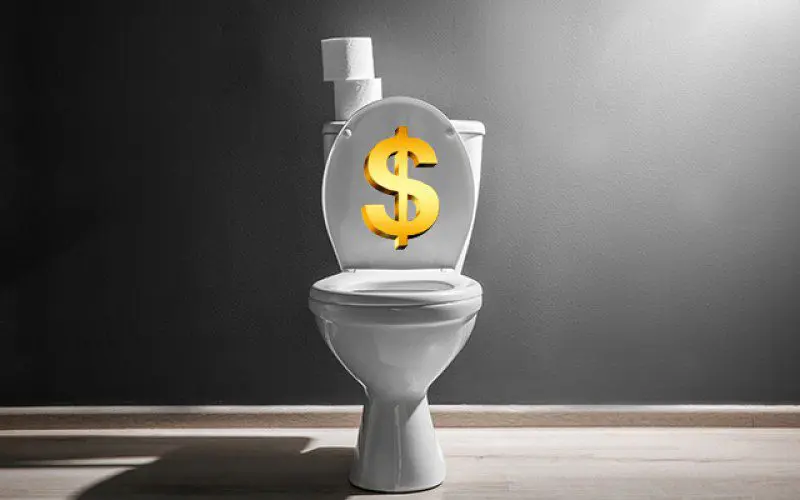With the use of a toilet, you can pay for your coffee or buy bananas at a university in South Korea, where human waste is used to power a building.
Dr Cho Jai Won, a professor of urban and environmental engineering at the National Institute of Science and Technology in Ulsan (UNIST), has designed an environmentally friendly toilet connected to a laboratory that uses excrement to produce biogas and manure, Straitstimes reported.
The BeeVi waterless toilet uses a vacuum pump to send the faeces into an underground tank. There, microorganisms break down the waste into methane, which becomes a source of energy for the building, feeding a gas stove, a hot water boiler and a solid oxide fuel cell.
“If we think out of the box, faeces have a valuable value to produce energy and manure. I invested this value in ecological circulation “, Dr. Cho told about the innovation.
The average person defecates about 500 grams a day, which can be converted into 50 liters of methane, the environmental engineer estimates. This gas can generate 0.5kWh of electricity or be used to drive a car for about 1.2 km. To stimulate the use of the eco-toilet, Dr. Cho has created a virtual currency called Ggool, which means honey in Korean. Everyone who uses the eco-toilet earns 10 Ggool per day.
Students can use the currency to buy goods on campus – from freshly brewed coffee to a cup of instant noodles, fruit and books. Students can also pick up the products they want from a store and pay with Ggool by scanning a QR code.
“I used to think that feces was dirty, but now it’s a treasure of great value to me,” graduate student Heo Hui-jin told Ggool.

